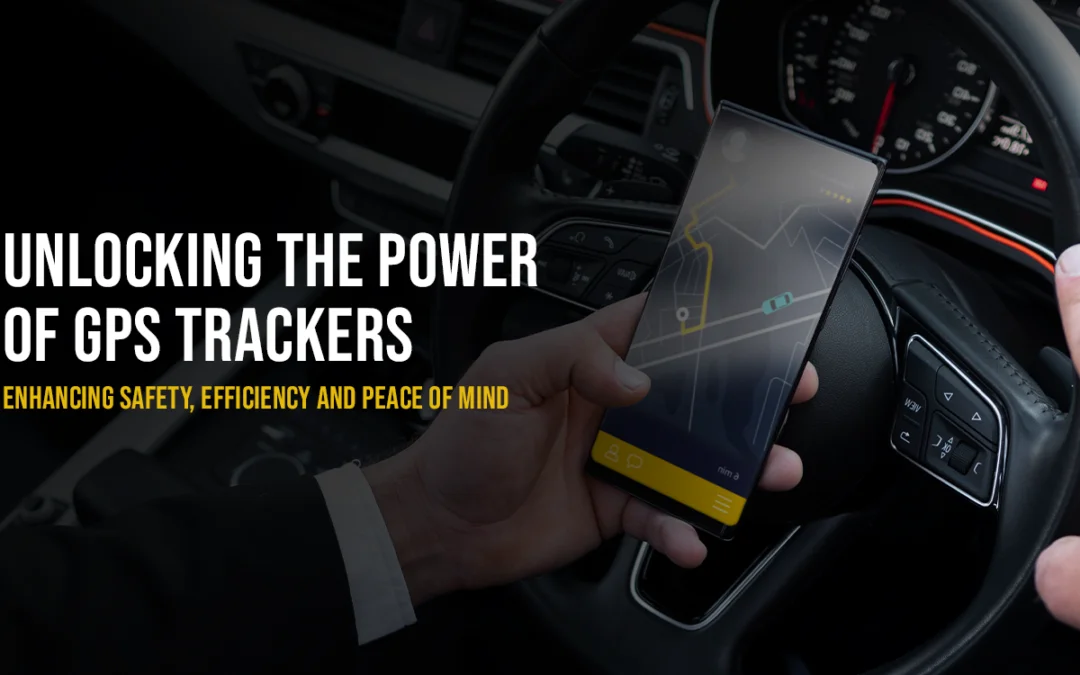In the intricate dance of logistics, where time is money and efficiency reigns supreme, businesses are constantly seeking innovative solutions to streamline operations. One technology that has revolutionized the logistics landscape is GPS vehicle tracking. By providing real-time visibility into fleet movements, GPS tracking systems offer a multitude of benefits that can significantly enhance efficiency and productivity across the supply chain.
The Evolution of Logistics Management
Logistics, once relegated to spreadsheets and manual processes, has undergone a profound transformation in recent years. With globalization, e-commerce, and increasing customer expectations, the pressure on logistics operations to deliver faster and more accurately has never been greater. Traditional methods of managing fleets and shipments have become outdated and inefficient in the face of these challenges.
Enter GPS vehicle tracking, a game-changer in the world of logistics management. Leveraging satellite technology and sophisticated software, GPS tracking systems enable businesses to monitor the location, speed, and status of vehicles in real time. This level of visibility empowers logistics managers with the insights they need to optimize routes, minimize delays, and respond swiftly to changing conditions.
Enhancing Fleet Management
One of the primary benefits of GPS vehicle tracking is its ability to enhance fleet management. By providing a bird’s eye view of all vehicles in operation, fleet managers can make informed decisions to maximize efficiency and reduce costs. From route optimization to fuel consumption monitoring, GPS tracking systems offer a wealth of data that can be leveraged to streamline operations and improve overall performance.
With real-time tracking capabilities, fleet managers can identify inefficiencies and address them promptly. Whether it’s rerouting a vehicle to avoid traffic congestion or alerting drivers to upcoming maintenance schedules, GPS tracking systems enable proactive management that minimizes downtime and keeps operations running smoothly.
Optimizing Route Planning
Efficient route planning is critical to the success of any logistics operation. Wasted miles, excessive fuel consumption, and missed delivery windows can all erode profitability and customer satisfaction. GPS vehicle tracking provides the tools needed to optimize route planning and ensure that vehicles take the most efficient paths to their destinations.
By analyzing historical data and real-time traffic information, GPS tracking systems can identify the fastest and most cost-effective routes for each delivery. This not only saves time and money but also reduces emissions and minimizes environmental impact. Additionally, route optimization enables businesses to offer more accurate delivery estimates to customers, enhancing transparency and satisfaction.
Improving Asset Security
In addition to enhancing efficiency, GPS vehicle tracking systems also play a crucial role in improving asset security. With the ability to monitor the precise location of vehicles at all times, businesses can mitigate the risk of theft and unauthorized use. In the event of a security breach, GPS tracking systems enable rapid response and recovery efforts, increasing the likelihood of recovering stolen assets.
Furthermore, GPS tracking systems can provide valuable insights into driver behavior, helping businesses identify and address potential security risks. From unauthorized stops to erratic driving patterns, real-time monitoring allows fleet managers to intervene proactively and enforce safety protocols.
Enhancing Customer Experience
In today’s competitive marketplace, providing exceptional customer service is more important than ever. GPS vehicle tracking can play a pivotal role in enhancing the customer experience by providing visibility and transparency throughout the delivery process. With real-time tracking updates and accurate delivery estimates, businesses can keep customers informed every step of the way, fostering trust and loyalty.
By leveraging GPS tracking data, businesses can also optimize delivery schedules to meet customer preferences and deadlines. Whether it’s same-day delivery or scheduled appointments, GPS tracking systems enable businesses to offer flexible and convenient options that cater to individual needs.
Overcoming Challenges and Adoption Barriers
While the benefits of GPS vehicle tracking are undeniable, implementing and integrating these systems into existing logistics operations can pose challenges for businesses. Cost considerations, technological complexities, and resistance to change are common barriers that organizations may encounter when adopting GPS-tracking solutions.
However, the long-term benefits of GPS vehicle tracking far outweigh these challenges. From cost savings and efficiency gains to improved customer satisfaction and security, the value proposition of GPS tracking systems is undeniable. By investing in the right technology and fostering a culture of innovation, businesses can unlock the full potential of GPS vehicle tracking and stay ahead in today’s competitive logistics landscape.
Conclusion
In the fast-paced world of modern logistics, efficiency is the name of the game. GPS vehicle tracking has emerged as a powerful tool for businesses seeking to optimize their operations and deliver superior service to customers. By providing real-time visibility, enhancing fleet management, optimizing route planning, improving asset security, and enhancing the customer experience, GPS tracking systems offer a myriad of benefits that can transform logistics operations from the ground up.
As technology continues to evolve and customer expectations continue to rise, businesses must embrace innovation and leverage cutting-edge solutions like GPS vehicle tracking to stay competitive in an ever-changing marketplace. By unlocking the full potential of GPS tracking technology, businesses can drive efficiency, reduce costs, and deliver exceptional value to customers, ensuring success in the dynamic world of modern logistics.



